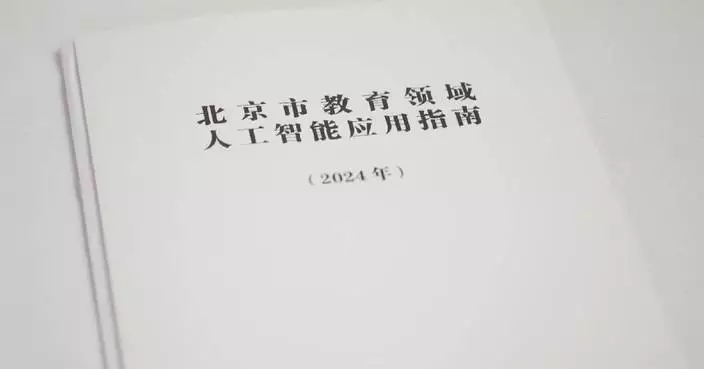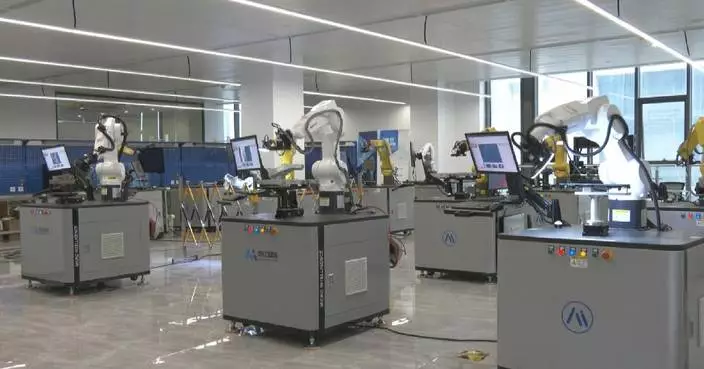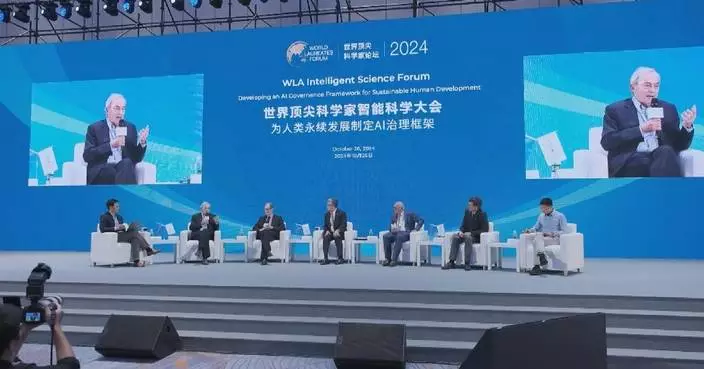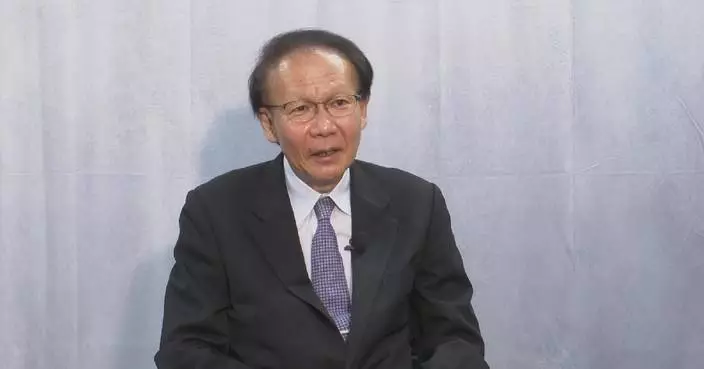The 2024 World Laureates Association (WLA) Forum in Shanghai is showcasing the transformative impact of artificial intelligence (AI) on scientific research, as global leading scientists gather to discuss its implications on society, ethics, and regulatory frameworks.
Running in Shanghai from Friday to Sunday, the forum has gathered nearly 300 prominent scientists from around the world, including 11 Nobel laureates, discussing the transformative impact of AI on various scientific disciplines.
This year's forum, themed "Excellence in Science," featured over 10 thematic conferences and off-site exchanges, focusing on cutting-edge research in fields such as materials science, energy, life sciences, and intelligent sciences.
A focal point of this year's discussions is the significant breakthroughs recognized in the recent Nobel Prizes, particularly in the fields of physics and chemistry. The Nobel Prize in Physics 2024 was awarded jointly to John J. Hopfield and Geoffrey E. Hinton for utilizing concepts from statistical physics to design artificial neural networks capable of associative memory and pattern recognition within large data sets.
In addition, the AlphaFold AI tool developed by the Nobel laureates in Chemistry, John Jumper and Demis Hassabis, has had a revolutionary impact on predicting protein structures. "The place where it has made the biggest impact in biomedical research is in protein structure and protein structure prediction. And that was the perfect problem for AI because we have a lot of data and we almost know the rules, but we don't quite know the rules and AI could complete the picture. So AlphaFold and other programs like it have been widely used. They are used in my lab," said Jeremy Nathans, winner of the WLA Prize in Life Science, and also a professor at Johns Hopkins University School of Medicine. Forum participants noted that AI's applications are now pervasive across scientific disciplines, from predicting protein structures to advancing materials science and astronomy. AI assists researchers in managing vast amounts of complex data, uncovering new patterns and insights. These advancements underscore AI's role as an indispensable tool in modern scientific research, with its interdisciplinary capabilities driving the expansion of scientific boundaries.
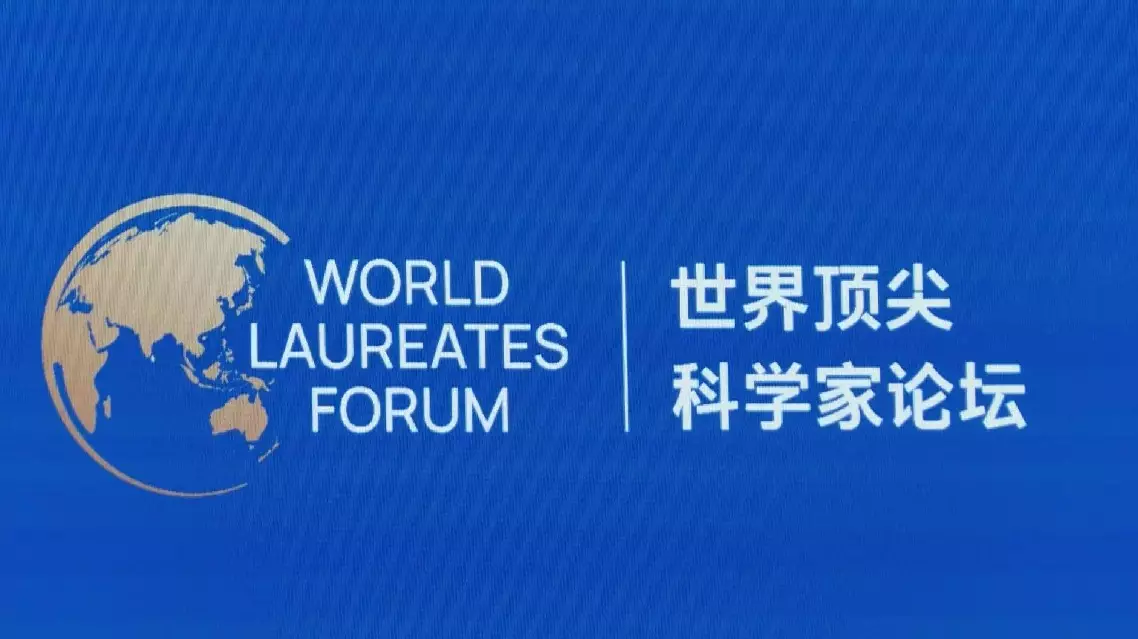
World Laureates Forum highlights AI's role in opening new era of scientific research
As artificial intelligence (AI) becomes increasingly widespread, experts and scholars in the field are calling for a focus not only on exploring its potential for industrial upgrading and improving everyday life but also deeply examining the ethical challenges and regulatory demands it raises.
This call to action was made at the just-concluded 2024 World Laureates Association (WLA) Forum, which was held at the forum's permanent site in Shanghai's Lin-gang Special Area from Friday to Sunday.
Gong Ke, executive director of the China New Generation Institute of Artificial Intelligence Development Strategy, said that AI has certain values when working, stressing the urgent need to forge a global consensus against such a backdrop of worsening geopolitical conflicts.
"AI inherently carries its own values when generating content. Two years ago, UNESCO introduced its first-ever document on AI ethics, the Recommendation on the Ethics of Artificial Intelligence, which laid the groundwork for governance. This document outlined four core value principles, from which 10 ethical principles were derived. In the face of severe geopolitical conflicts, how to form a global consensus at different forums such as those held in Shanghai, Britain, and South Korea poses a significant challenge," he said.
The UNESCO-introduced guideline, as cited by Gong, is applicable to all 194 member states of the UNESCO.
Given the rapid development and integration of AI into society, it is imperative to establish a unified global regulatory mechanism that transcends national, racial, and cultural divides, scientists said.
Such a framework will not only guide the ethical development of AI but also mitigate its potential threats, ensuring that AI contributes to society.
"What I've said many times is that if we want AI to be used for good, we need to stop using AI in weapon systems. And right now it's going to be used in weapons systems. So we need to find a way to cooperate more," said Martin Edward Hellman, winner of the 2015 Turing Award.
This year's forum, themed "Excellence in Science", brought together nearly 300 participants, including 11 Nobel laureates, over 50 renowned scientists from nearly 20 countries and regions, and around 100 promising young scientists.
The forum featured over 10 thematic conferences and off-site exchanges, welcoming government officials, university representatives, and members of research institutions, innovative companies, and venture capital firms.
This year's forum inaugurated the Physical Science Conference, complementing the existing Intelligence Science Conference and Life Science Conference as the forum's three primary conferences.
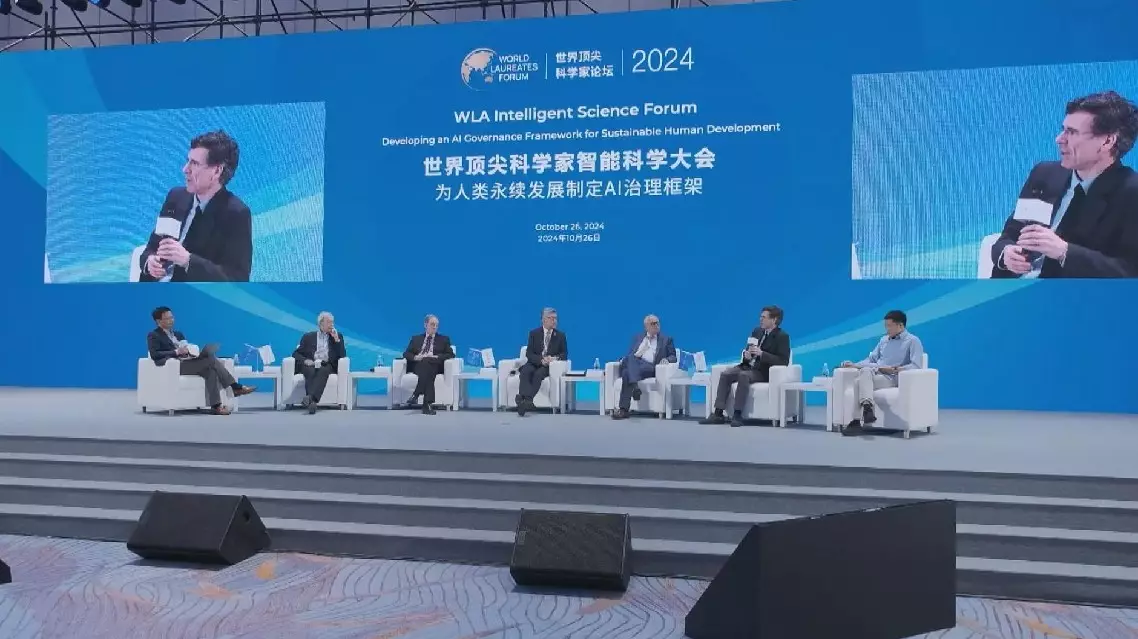
AI experts call for global consensus on ethics, regulation at WLA Forum




